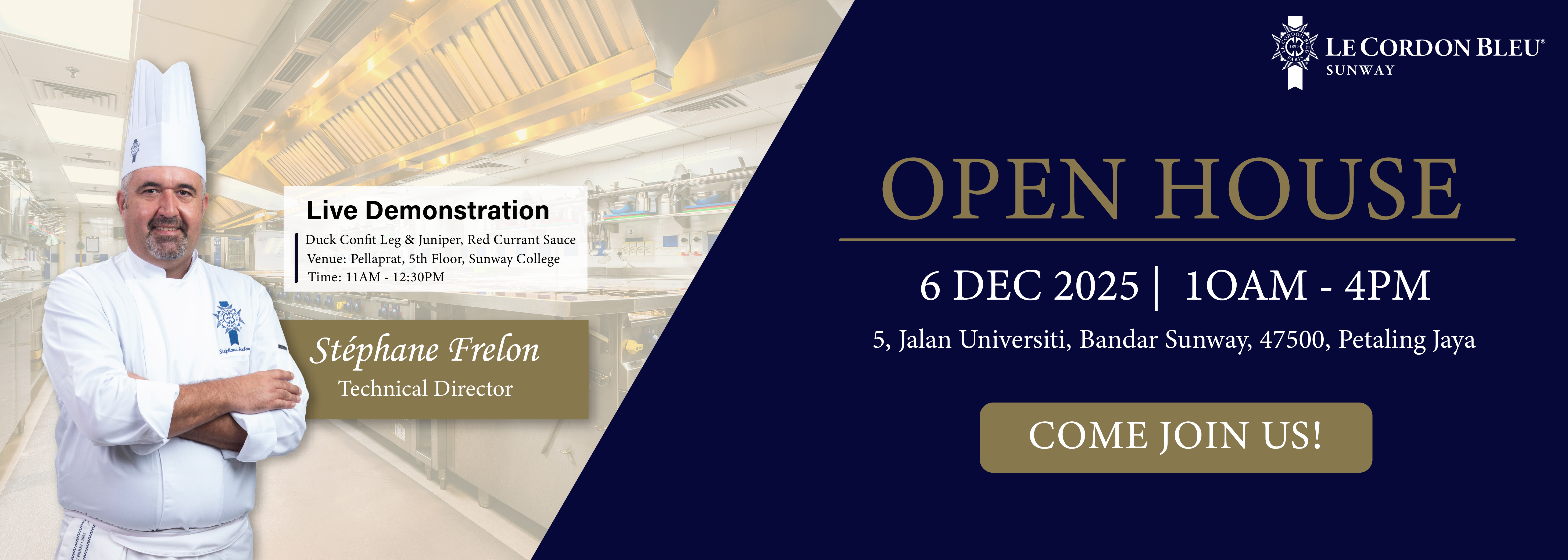Master of Engineering (Mechanical Engineering)—ME
The Master of Engineering (ME) at NUI Galway is part of an integrated (Bachelors + Masters) 4+1 programme of study, meeting the European Framework Standards for engineering accreditation. Successfully completing this (level 9) ME course, as part of an accredited 4+1 structure, will allow you to achieve the educational requirements for Chartered Engineer (CEng) status upon graduation.
The ME programme on its own is a 60 ECTS one academic year course of study. Graduates with an honours degree in a cognate Engineering discipline may be eligible to take the ME. This will be of interest to graduates who wish to study more advanced topics in their core engineering discipline. Applicants wishing to use the ME programme as part of their CEng certification should be aware that professional accreditation is assessed by the Engineering Councils on the basis of the aggregate periods of study (Level 8 + Level 9), and not on the Masters year alone. Candidates need to satisfy themselves that their undergraduate (Level 8) degree meets the relevant standards.
This is a nine-month taught Master’s programme, which is a direct follow-on from the four-year undergraduate BE programme in Mechanical Engineering, providing students with the opportunity to take a first step in advanced engineering education and research skills, within the framework of the academic and professional requirements for Chartered Engineer status. The philosophy of the programme is the preparation of graduates for exciting careers in advanced engineering and innovative technology development and management.
The programme combines advanced mechanical engineering modules with a substantial (nine month long) research and development project and modules on engineering transferable skills. The large group development project, which is the capstone of the Master’s, will be conducted in collaboration with an engineering industrial partner to develop new mechanical engineering technology.
A key aspect of this programme is the teaching of innovation and entrepreneurship skills and technology, along with research methods. A range of advanced engineering modules (advanced mechanics of materials, advanced finite elements, advanced energy systems) are also taught to build directly on undergraduate mechanical engineering topics and bring students to a more specialized understanding of and ability to conduct state-of-the-art engineering design.












